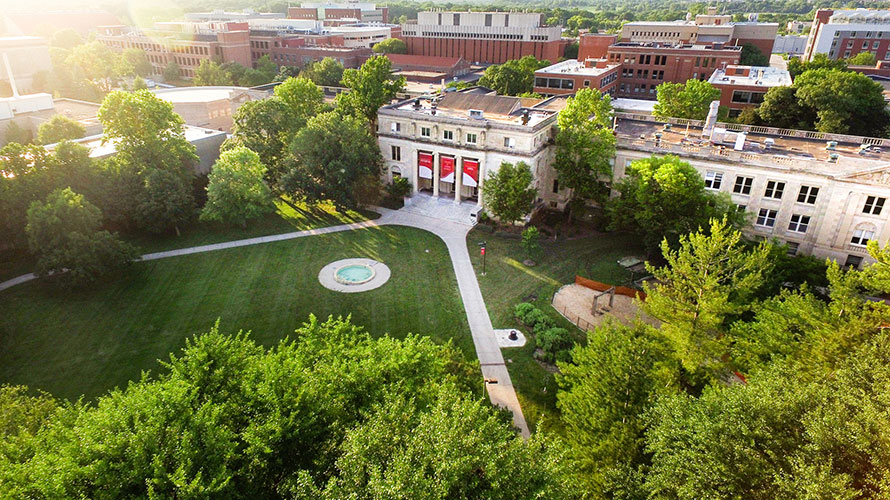New tenured/tenure-track faculty announced


Evrim Baran
Associate Professor in Education
Research Area:
Educational Technology
- The intersections of educational technology, human computer interaction, and teacher education
- Multimodal methods for developing and tracking teachers’ knowledge in technology enhanced STEM classrooms
- Transforming higher education with online, mobile, and flexible learning environments
Dr. Baran said, “As a human scientist, my ultimate goal is to converge different disciplines to answer complex problems in education. My research focuses on the intersections of educational technology, human computer interaction, and teacher education. A new wave of technological innovations such as wearable sensors and eye trackers enables educational researchers to combine data from physical classroom activities and physiological responses with more traditional educational data. My recent research uses multimodal methods for developing and tracking teacher knowledge and behavior in technology enhanced classrooms. A multimodal and interdisciplinary approach to data collection and analysis will enhance our understanding of the complex nature of teacher knowledge and behavior and create evidence-based best practices for effective technology integration in classrooms.”

Greg Curtzwiler
Assistant Professor in Food Science and Human Nutrition
Research Area:
Sustainable packaging and coatings for the food industry
- Bio-based and biodegradable polymers
- Polymer recycling
- Sustainable options for direct food contact packaging
- Coatings
Dr. Curtzwiler said, “My research is focused on developing safe and sustainable solutions for utilizing polymers and coatings in the food-packaging and food service industries. As most plastics utilized in packaging and food industries are not biodegradable, the near permanent contamination of Earth’s lands and oceans will increase without alternative options. My goal is to alleviate some of the stress placed on the environment from polymer use and simultaneously improve people’s lives through proper material selection for well-designed products.”

Rachel Eike
Assistant Professor in Apparel, Events, and Hospitality Management
Research Area:
Apparel, Merchandising, and Design
- Functional design
- Sustainability-focused creative design
Dr. Eike said, “As a Human Scientist, I study human factors regarding creative and functional apparel, all the while considering environmental impact and social responsibility of design decision-making practices to promote sustainability. I conduct design-based research to help improve people’s lives though the functionality of their clothing and products – making sure they are ergonomically designed to meet their performance needs while being comfortable in their near environment. I aim to integrate challenging design opportunities for current and future students to expand their human potential so that they may ultimately, positively impact others’ lives. I am happily and humbly here to serve my Iowa community.”

Elizabeth McNeill
Assistant Professor in Food Science and Human Nutrition
Research Area:
Nutritional Science
- Function of microRNAs in tissue development and their contributions to certain disease conditions
Dr. McNeill said, “The extensive complexity of tissue development and maintenance elicits questions about how the genome encodes for the great cellular diversity and morphological flexibility required for healthy function. MicroRNAs (miRNAs), a class of small non-coding RNAs have emerged as key regulators of gene expression, but their biological functions remain largely unexplored. As a human scientist, the goal of my research is to elucidate the function of miRNAs in development, and to understand their contribution to certain human disease conditions. My lab does this through a multi-disciplinary experimental platform using versatile transgenic technologies, genome engineering techniques, molecular biology, bioinformatics, fluorescence imaging, and optogenetics.”